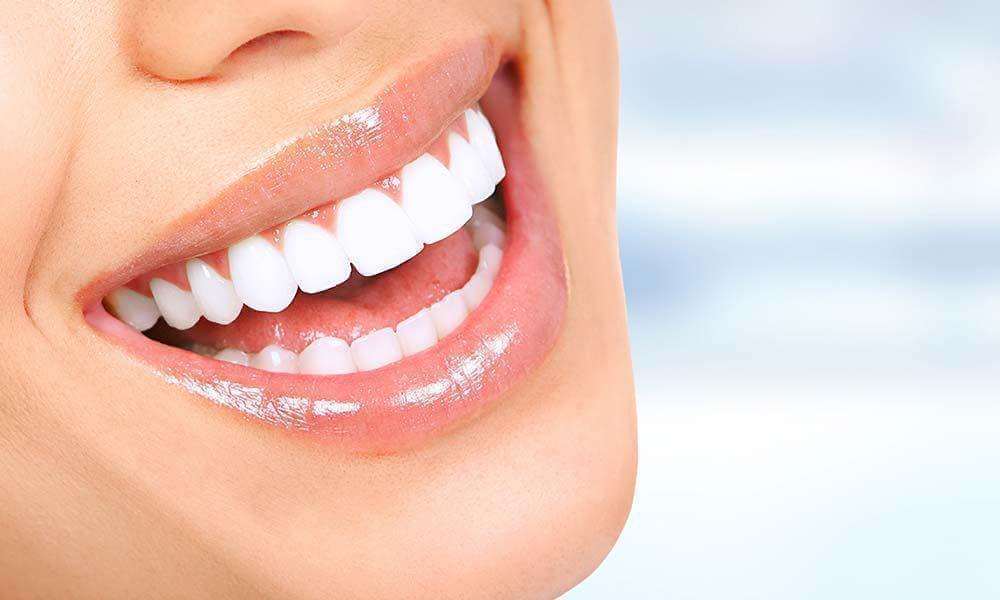GERD or acid reflux is a disease that may impact not only your gastrointestinal tract but also your whole body. Even regular vomiting, where the stomach acid comes into contact with the esophagus and gets into your mouth, has various effects on your teeth.
It can also wear down your teeth giving them a more sensitive texture and making it easier for them to decay. A dentist in Atlanta says that acid reflux can even lead to dry mouth, which is a lack of saliva that protects the teeth and gums. Realizing that acid reflux affects teeth and gums is critical in preventing damage to your mouth adequately.
Which Practices Are Beneficial for Reducing Acid Damage to Teeth?
It is essential to establish protective behaviors that help to reduce the impact of reflux on oral health outcomes. First, it’s recommended to wash the mouth with water after having the acids back up through the esophagus.
This has a negating effect on the acidity, this helps so that they do not adhere to the teeth that are in the oral cavity. Do not brush your teeth right after a reflux episode because your enamel will be softer due to the acid and you might cause further harm.
It is recommended that at least 30 minutes wait for the enamel to re-harden. Also, the consumption of fluoride-containing tooth gel reduces the amount of risk your tooth enamel has for erosion from acids.
In what ways can changes in diet affect the condition of your teeth?
Diet has an important influence on acid reflux, your mouth’s health, and the types of foods you eat especially those that you drink. Minimizing items that are acidic such as oranges, lemons, sodas as well and coffees also lowers the levels of acidity in the mouth.
However, it is recommended to consume foods with fiber, as when taking a dietary regime with fiber, eating less often causes regurgitation. Hydration will also enable you to wash out food particles, bacteria, and acids independently thus facilitating mouth hygiene. After learning the principles of making changes to your diet about this issue, you can reduce the amount of acid that comes into contact with your teeth and gums.
Should You Go to Your Dentist More Often?

Dental checkups should be taken often, particularly for those with problems with acid reflux. Acid erosion is often performed slowly, so only a dentist is capable of examining the patient and identifying the beginning of enamel demineralization or cavities. They may prescribe prescriptions such as varnish containing fluoride or products that help to remineralize the teeth.
If your dentist informs you of the fact that you have some damage it would be wise to attend to that before it gets worse. Thus, you can avoid dental diseases, and keep your teeth healthy when you attend your dental appointments as recommended.
How should you address acid reflux to safeguard your teeth?
Another preventive measure to take is to ensure you manage acid reflux with care to protect more of your teeth. If you are experiencing reflux you should quit doing some things like taking large portions of meals, stretching out and lying down after meals, and being overweight.
Acid reflux can also be handled by consulting a healthcare provider for advice that would likely improve your standard health as well as your dental health. By having the condition controlled you reduce the chances of your teeth and gums coming into contact with stomach acid.
Conclusion
Many ways to protect your teeth when suffering from acid reflux; therefore, it is advisable to take an overall approach. By maintaining a good dental hygiene standard, adopting good eating habits, and finally making changes towards leading a proper lifestyle we can reduce the effects of acid reflux on our mouth and teeth. Reflu reminds us that conscious decisions in one’s everyday life and regular dentist visits will help to maintain strong and healthy teeth against the effects of acid reflux.

